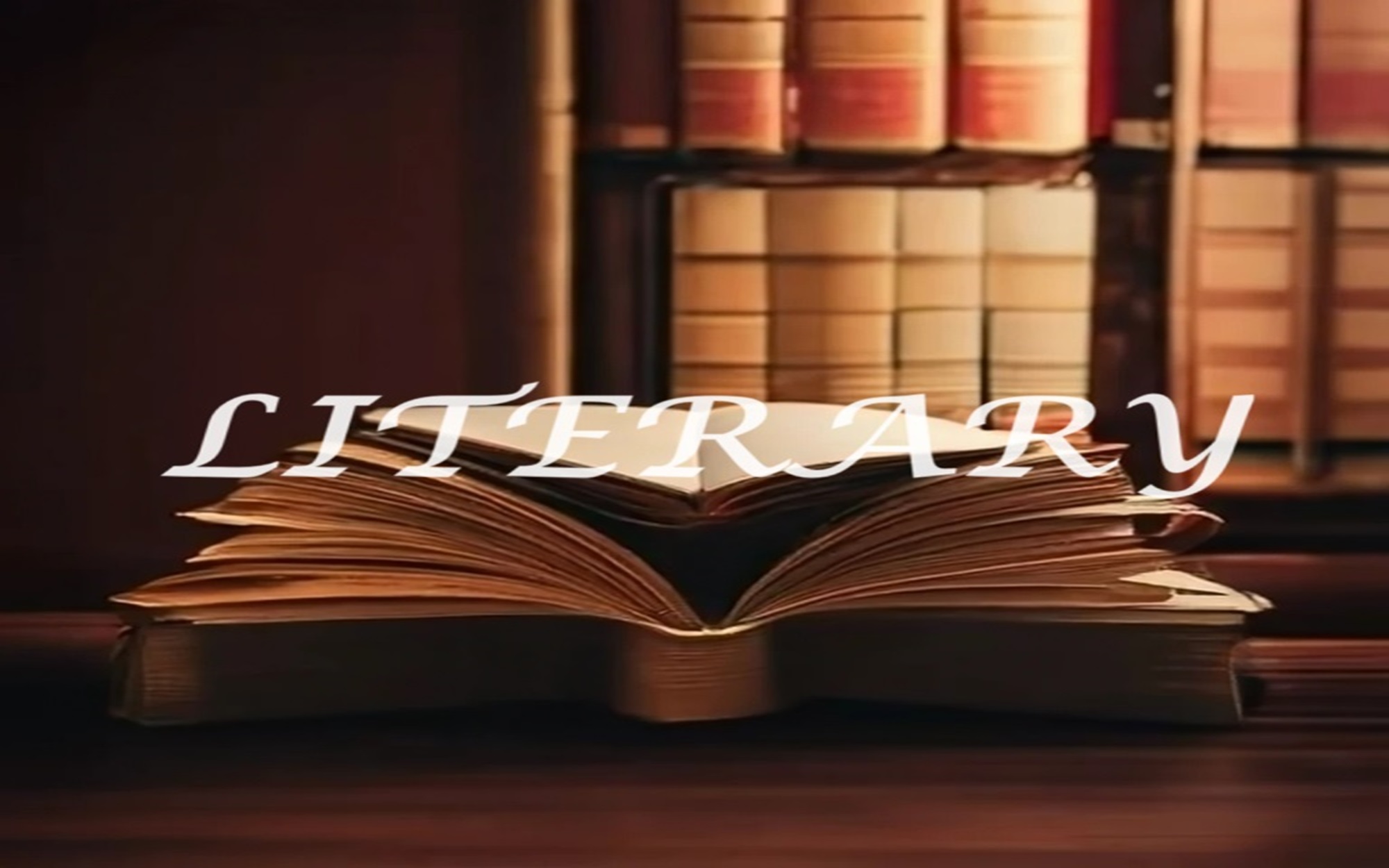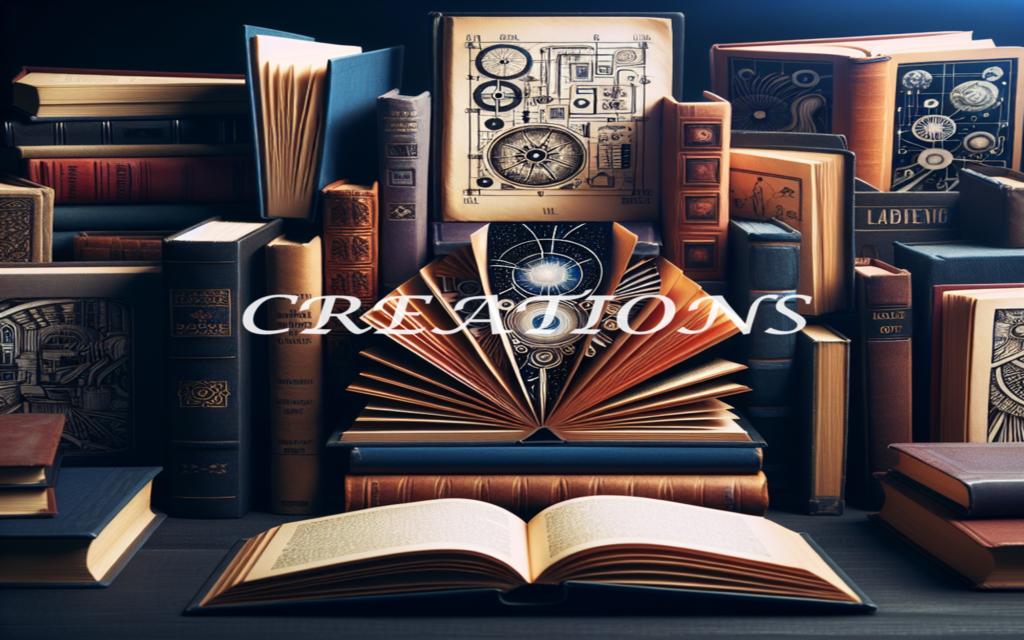The journey of literature involves many features, and criticism of literature is one of them. Yes, from day one, literary improvement faced approval and discontent simultaneously. Most literary experts accept it as a routine step, while critics define it as a necessary step for the betterment of the literary arena and to improve and update it.
Criticism is natural, and every genius of art is aware of it. History shows that the greatest authors in the world even faced this assessment of review procedure. Authors like William Shakespeare, P.B. Shelley, Somerset Maugham, William Wordsworth, Oscar Wilde, and many others faced severe criticism for their pioneering creations. Some critics even did not hesitate to criticize the writing potential of many famous authors.
Notably, this ongoing act of disapproval sometimes also faces criticism for its unnecessarily bitter assessment. Many literary experts even consider it an intentional negative evaluation. However, most people engaged in this review continue to tag this process as judging the work of art.
The imaginative power of creators like poets, novelists, or dramatists has to undergo various transformations throughout their lifetime. Their journey begins with the aim of producing appealing, good writing. Behind every creation, they try to utilize their thinking and writing potential with utmost priority.
The best part is they learn from their mistakes and achievements during this journey. This learning is also the root cause of why the world received so many pioneering creations from all-time great authors and uncovered a profound sea of matchless artistry in the literary world. However, nobody knows when criticism was allowed to occupy an independent place in art.
It is indeed understandable that criticism and creation are two completely different features. Yes, producing a literary piece and the criticism of literature can’t be the same thing.
A critic is ready to judge a work of art, whereas a creator works hard to empower his imagination into reality. For example, a good author is an astounding genius who can produce many valuable literary works. But before becoming a genius, he is a journeyman of letters.
The author first enhances his capacity to make the most meaningful and creative route to construct captivating content. Once the route map emerges completed, the author starts pouring his utmost potential into writing to deliver the thoughtfully conceived long-drawn object. And a writer always desires to see every piece of his writing an example of good literary work.
Now, although criticism is entirely different from literature, a notion is always alive that criticism is a part of literature. And so, judging a work of art is nothing but evaluating the essence of a creator’s ideology, which appears reflected in his words. The only question hiding in this review process is how impartial and meaningful it is. In other words, whether criticism of literature always emerges with necessity or, many times, it becomes a mere tool only to carry on the so-called judging activity.
When did humans first put every work of art in the obvious category of criticism or evaluation?
Well, there is no specific time frame that one can identify as the most meaningful period to define the beginning of criticism. Moreover, no concrete evidence is available in any book that specifies a particular era to mark the onset of review or criticism. Also, no specific set of rules can define when humans first felt the need to put every artistic work in the category of assessment or review.

For a critic, criticism means analyzing a creative art. To him, it is an effective way to find the most satisfying answers to those questions associated with that art.
A critic of a literary work aims to understand the specific creative mood a specific writer possesses. He tries to identify the complex ideas and emotions existing and working at the ultimate core of that work. Importantly, criticism of literature is a process of finding out that particular ideological place that acts as the origin of it.
Some see it as a divine work that reveals thousands of ways to create more meaningful artistic content. They believe this reviewing process helps the future authors to deliver better, improved and more alluring artistic creations. In short, criticism of literature helps construct a platform on which the creator can build more appealing literary content.
Critics analyze the cause of enjoyment!

Like other human beings, critics first reflect upon their enjoyment and simultaneously analyze the actual reasons behind it. Now, analyzing those reasons gives them the purpose to trace those qualities that can satisfy their hunger for queries. Through this procedure, a critic can identify whether an author’s success is more or less conspicuous.
Moreover, if a critic possesses a profound, contemplative nature, he surely has the eyes for an inward introspection. An inward introspection explores sensible approaches to see why a journeyman of letters raises questions in his mind. His genuine potential for assessment helps the journeyman realize and specify the areas he must improve. It also makes him aware of how he can nourish ways to acquire the baton of the zenith of success.
Also read:
Does “Written in March” Manifest William Wordsworth’s Poetic Artistry or His Nature-Loving Passion?



